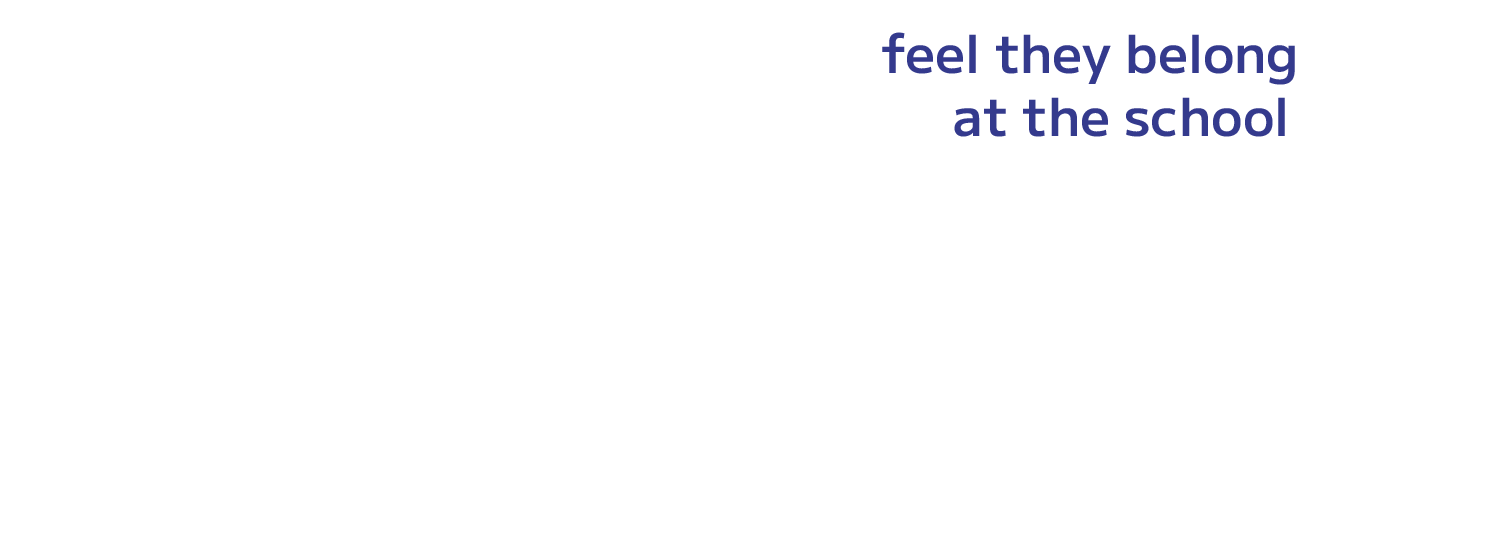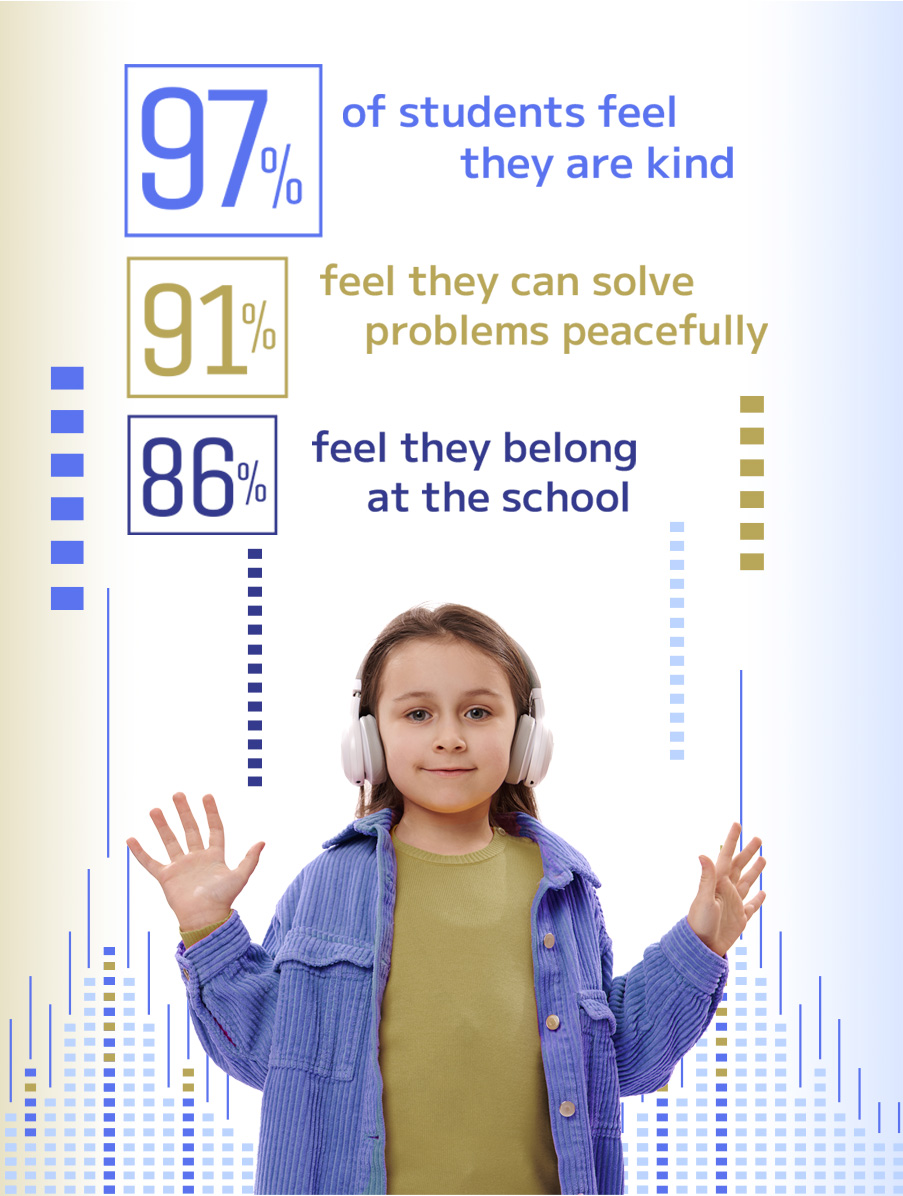School Goal One
To enhance student engagement and individual academic success by implementing targeted literacy and numeracy interventions with a particular focus on supporting our most vulnerable learners.
How will the continued implementation of comprehensive literacy and numeracy instruction and intervention processes increase accessibility, equity, and engagement for all students at NSMS?
At North Saanich Middle School, we are proud of our school's culture of academic engagement and rigor. We are fortunate to have a diverse learning community of vibrant learners who arrive each day with a desire to learn and grow together. Our innovative and committed staff create multiple access points and opportunities for our learners to be met where they are and move forward in their learning journeys.
An ongoing analysis of recent data has enabled our team to get to know our learners and better understand their strengths and areas where they need support. By looking at our District Literacy Assessment (DLA), our student's report card data, our Foundation Skills Assessment (FSA) data, and a schoolwide benchmark write and new numeracy math screener, we were able to better understand our students’ strengths and areas for growth. This data has highlighted the need for targeted literacy and numeracy interventions to increase accessibility, equity, and engagement for all students at NSMS.
As we continue to work towards achieving our literacy and numeracy goal, we will ensure that W̱ SÁNEĆ, other First Nations, Metis, and Inuit students will experience academic success, while maintaining a strong cultural identity, as outlined in the Indigenous Enhancement Agreement.
This goal continues to align with our district strategic priority to improve student literacy across the curriculum for all students with a particular focus on early learning. Additionally, we have placed numeracy as a priority at North Saanich Middle School. Our intended approaches are deeply connected to First Peoples Principles of Learning.
First Peoples Principles of Learning

The Literacy and Numeracy Goal needs to ensure that:
- Learning recognizes the role of Indigenous knowledge;
- Learning is holistic, reflexive, reflective, experiential, and relational (focused on connectedness, on reciprocal relationships, and a sense of place); and
- To increase academic success for our W̱ SÁNEĆ, other First Nations, and Inuit students we must ensure that their histories, cultures, and traditions are honoured, reflected, and engaged throughout all aspects of their learning journeys.
At NSMS, we are cultivating a Culture of Responsive Instruction through collaborative literacy and numeracy
practices. Our goal is to improve achievement across the curriculum by ensuring equitable access to comprehensive instruction and targeted interventions.
Our Inclusion Support Team, including Inclusion Support Teachers, Counsellors, Indigenous Liaison, Indigenous Teacher, ELL and ELS staff, and our District OT/PT, engages in a robust transition process with feeder schools. This includes collecting data from learning updates, the DLA, and the District Literacy Screener to inform instructional planning and support.
We use an Inclusive Classroom Planning Tool to implement Universal Design for Learning (UDL) strategies, ensuring that instruction meets the diverse needs of our learners.
NSMS has developed and facilitated multi-age writing interventions to build student capacity and engagement. Recently, we re-established reading interventions for our most vulnerable students while continuing to offer enrichment opportunities such as the Beaver Computing Challenge, Gauss Math Contest, and Skills Canada competitions.
We are collaborating with other middle schools, district leaders, and the district literacy team to align best practices and build staff capacity. A new math screener is being used to identify gaps early and guide targeted support.
Throughout the 2023–24 and 2024-25 school years, we tracked progress on initiatives outlined in last year’s plan. We continue to analyze DLA and learning update (ie ELA) data to monitor student growth and inform instruction with a specific focus on our emerging learners. Specifically, our DLA Data continues to provide insight into foundational literacy skills and areas for growth, while our report card data highlights trends in achievement and engagement across subjects and demographics.
Our DLA and ELA data both show increasing numbers of learners identified as emerging in literacy over the past four years. This is due to both the work we are doing as a staff to augment our skills in onboarding the DLA tool, thereby better identifying learners that need focused literacy supports, and to the group of learners that move through our three grades at middle school. Within the DLA, data shows growth in traits like sentence fluency, vocabulary and coherence. Further anecdotal evidence and student self-reflection indicate growth in communication skills and written skills. Staff reflection and collaboration remain ongoing, helping us assess the impact of interventions and instructional shifts.
Table 1: 4 year trend in DLA and ELA data of our emerging literacy learners in grade 6-8.
DLA
ELA
Initial indications from our math interventions point to an increase in confidence and reduction in anxiety, which correlates with initial improved performance on problem-solving tasks. At NSMS, we are committed to ensuring all students receive systematic and explicit instruction in literacy, numeracy, and problem-solving skills.
Continued evidence collected over the year will inform our next steps. We aim to deepen our use of datainformed instruction to personalize learning and strengthen collaborative professional learning across middle schools and with district leaders.










